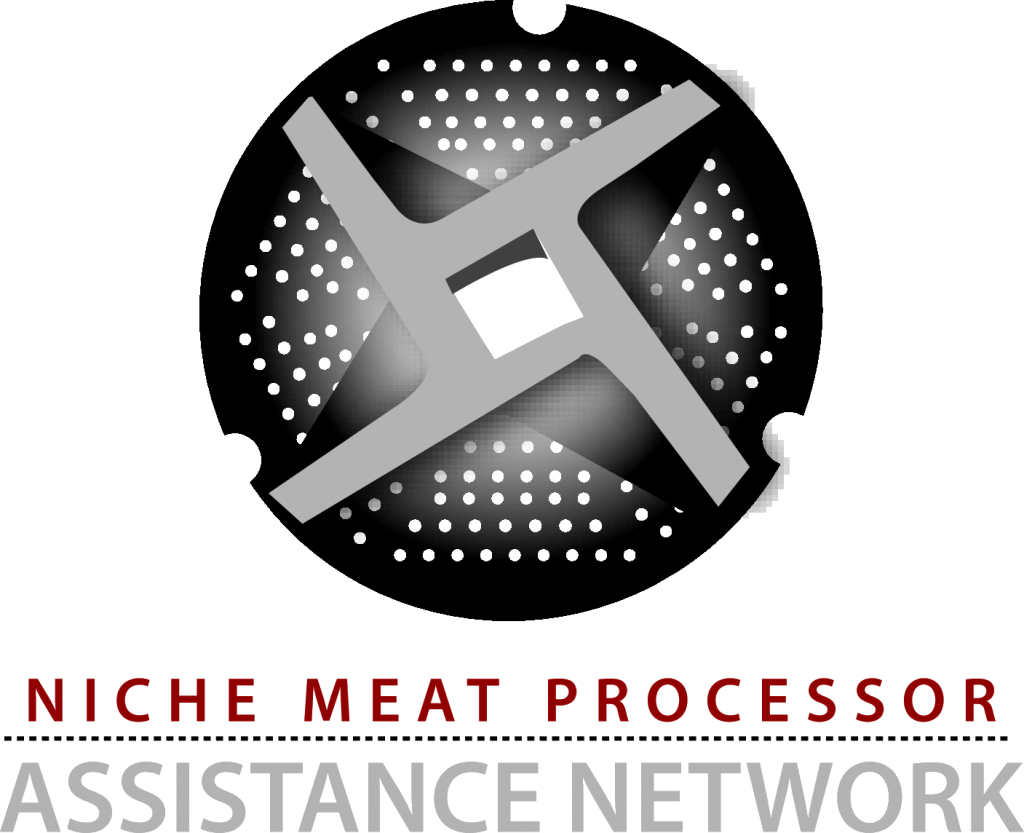The following is the technical classification for worker’s compensation classification codes as written by the National Council on Compensation Insurance (NCCI).
Last updated December 2008. All codes are subject to change. Contact your state worker’s compensation bureau for the most up to date information.
“STORE: MEAT, FISH OR POULTRY DEALER—WHOLESALE”
Codes 8021 and 2089—Packing House shall not be assigned to the same risk unless the operations described by these classifications are conducted as separate and distinct businesses.
SCOPE Code 8021 applies to dealers principally engaged in the wholesale distribution of fresh and cured meat, fish or poultry. Some of these dealers cut the meat, fish or poultry into steaks, chops, roasts, fillets or poultry parts for sale to hotels, restaurants, clubs, hospitals, institutions and stores. Meat, fish or poultry dealers may also distribute a minor and incidental amount of other miscellaneous products such as groceries, dairy products, fresh fruits or vegetables.
Insureds engaged in the custom breaking of carcasses are assigned to Code 8021. The process involves the cutting of carcasses into primary and secondary cuts. While custom breakers may not be wholesale dealers in that their service is performed for wholesale dealers, they are assigned to Code 8021 as it is felt that their operations are analogous to operations contemplated by this code.
CROSS-REF. State Special: California—Stores—Meat, Fish or Poultry—Wholesale—NPD with Code 2081—Butchering. Wholesale stores that confine the operations to the receiving, shipping or repackaging of prepackaged meat, fish or poultry shall qualify for the assignment of Code 8018—Stores—Wholesale. When a wholesale meat, fish or poultry store cuts, trims, debones or otherwise processes any meat, fish or poultry, all operations shall be classified as Code 8021—Stores—Meat, Fish or Poultry—Wholesale;
State Variations
Maine—Meat or Poultry Dealer—Wholesale—this cross-reference has the same footnote as Meat, Fish or Poultry Dealer—Wholesale;
Massachusetts—amend national phraseology by adding the following:
OPERATIONS COVERED:
This classification applies to dealers principally engaged in the wholesale distribution of fresh and cured meat, fish or poultry. Some of these dealers cut the meat, fish or poultry into steaks, chops, roasts, fillets or poultry parts for sale to hotels, restaurants, clubs, hospitals, institutions and stores.
Meat, fish or poultry dealers may also distribute a minor and incidental amount of other miscellaneous products such as groceries, dairy products, fresh fruits or vegetables.
OPERATIONS NOT COVERED:
The slaughtering, processing and distribution of meat as performed by a packing house is included in Code 2089—Packing House and is not assigned to Code 8021;
New Jersey—Store—Meat, Fish Dealer—Wholesale—NPD with Code 2089—Packing House. Classification subject to the provisions set forth in 4-1 of the NJ Manual under “Store”;
New York—Fish, Meat or Poultry Store—Wholesale—Code 8021 and Code 2089 “Packing House” shall not be assigned to the same risk unless the operations described by these classifications are conducted as separate and distinct businesses;
Oregon—replace above footnote with: Codes 8021 and 2089—Butchering, Packing House or Slaughtering shall not be assigned to the same risk unless the operations described by these classifications are conducted as separate and distinct businesses. Initial cleaning, eviscerating and processing of poultry and/or seafood to be separately rated.
OPERATIONS NOT COVERED:
The slaughtering, processing and distribution of meat as performed by a packing house is included in Code 2089—Packing House and is not assignable to Code 8021 (Wisconsin: Code 2081).
Note:
Type of Merchandise Sold: If a store sells several types of merchandise, each of which may be subject to a different classification, such a store shall be assigned on the basis of the principal category of the merchandise sold. The term “principal” means more than 50% of the gross receipts.
Wholesale Versus Retail: Retail applies to the sale of merchandise to the general public for personal or household consumption or use and not for resale. Wholesale applies to the sale of merchandise for resale to others; or to the sale to manufacturers, builders, contractors, or others for use in their business, or as raw materials. A store that sells merchandise on a combined wholesale and retail basis shall be assigned to the appropriate store classification depending upon whether the gross receipts are principally from wholesale or retail sales. The term “gross receipts” means gross receipts less receipts derived from the sale of lottery tickets. The term “principally” means more than 50% of the gross receipts.
Exception: If it is determined that a store’s sales are clearly retail in nature, the appropriate retail store classification may be assigned regardless of the above definition of retail. Examples of this type of situation would be stores selling artwork or art supplies in a shopping mall when the majority of sales are to artists who use the materials in their business, or artwork purchased by businesses. In these cases, the stores would clearly be classified as retail except for the ultimate use or purchaser of the products.


